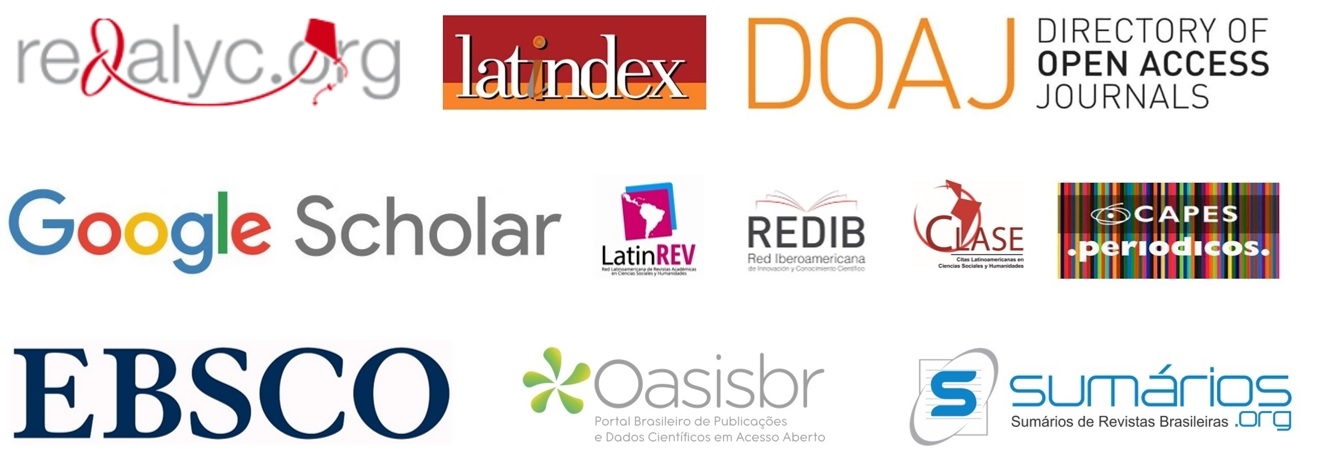Publishing ethics
Plural - Revista de Ciências Sociais is committed to open access to its contents and to ethical publishing guidelines. Such guidelines include (but are not limited to) the transparency of the editorial process, the adoption of a double-blind review system, the refusal of plagiarism and self-plagiarism practices, and the veracity of the co-authors' performance in the articles.
In a subsidiary way, Plural adopts the following guidelines:
- USP Agency for Academic Information Management (AGUIA) - Integrity and prevention of Plagiarism (in Portuguese).
- Universidade de São Paulo (USP) - Guide for Good Scientific Practices (in Portuguese)
- Committee on Publication Ethics (COPE) - Core practices
As a subscriber, since 2016:
- San Francisco Declaration on Research Assessment (DORA) - Text in Portuguese.
As a result, Plural reserves the right to refuse or contact authors and co-authors at any stage of the editorial process in order to obtain clarification when deemed necessary, as well as to interrupt the editorial process in case of finding infrigence to the guidelines listed above.
About the use of Artificial Intelligence (AI) in publications:
Plural adopts COPE's positions regarding the use of AI tools in texts submitted and published in the magazine (Text available at: https://publicationethics.org/cope-position-statements/ai-author). Plural, therefore, understands that:
- AI tools cannot be considered as authors of a text because, as non-legal entities, they are unable to meet authorship requirements regarding conflicts of interest, licenses and copyrights. They cannot, therefore, be held responsible for published works.
- Authors who use AI tools in the production of images, texts or other content must indicate, in the body of the text (preferably in the sections that discuss methods and materials), which tool was used and how it was used.
- Authors are entirely responsible for the content of their publication and any possible ethical violations, even if some of the content was produced through the use of AI. The authors, therefore, are responsible to check whether the AIs' productions comply with Plural's ethical standards.
Translated with www.DeepL.com/Translator (free version)
Translated with www.translate.google.com.br







